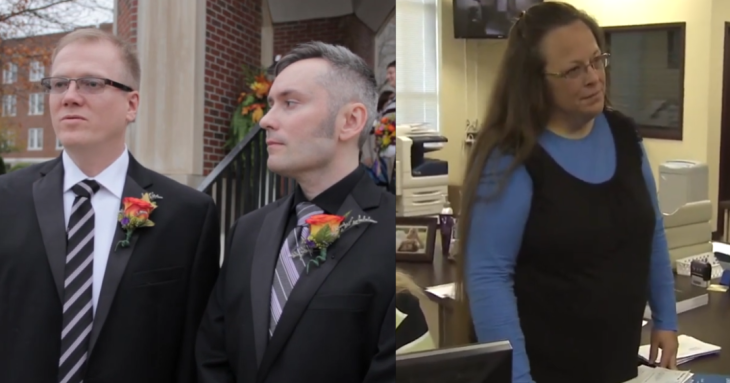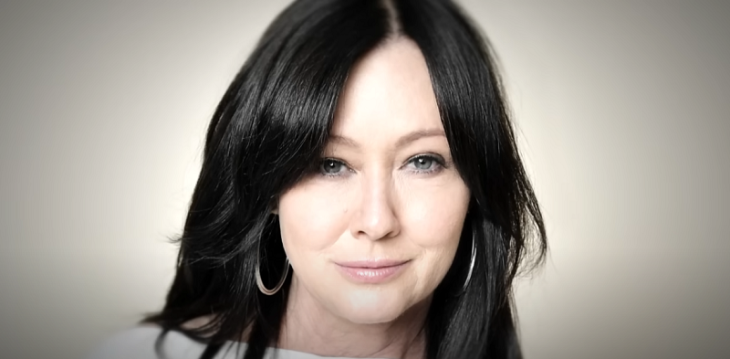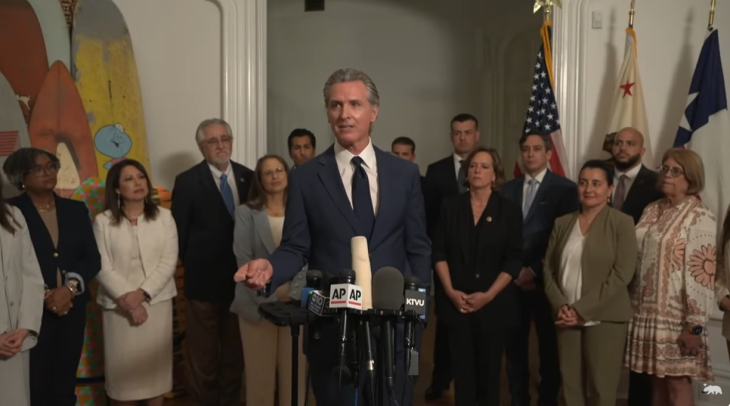University of California, Riverside a doctoral research university, held a study which found that Same-gender couples have higher-quality interactions with one another than heterosexual couples.
The study also holds that couples with two men have the smallest social networks.
Researcher Megan Robbins says the recently published study is the first to compare same- and different-sex couples’ social networks and daily interactions with one another.
Past research shows same-gender couples enjoy strengths including appreciation of individual differences, positive emotions, and effective communication. But research hasn’t compared the quality of their daily interactions — inside and outside the couple dynamic — to those of heterosexual couples.
In terms of social networks, the study found couples in man-man relationships had smaller social networks than woman-woman and man-woman couples. On the other end of the results spectrum, women in relationships with men were most likely to have the largest social networks.
The quality of interactions with families was reported to be greatest by same-gender couples. There was no difference for interaction quality with friends.
In terms of the quality of interactions with their partners, the study found same-gender relationships had better-quality interactions than found in different-gendered relationships.
Robbins said that may be due to greater similarity between partners when they share a gender identity, and greater equality within the couple compared to people in different-sex couples.
“When male and female partners interact, they may do so from a culturally imposed frame wherein men and women are considered ‘opposites,’ which creates more potential for tension in interactions,” Robbins wrote in the paper, titled “Social Compensation and Honing Frameworks,” and published in the Journal of Social and Personal Relationships.























